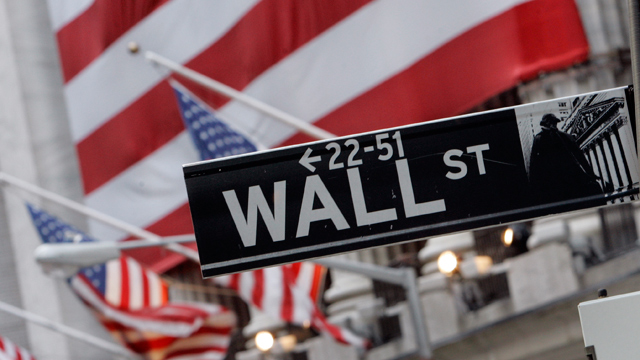The U.S. Department of Justice has been investigating whether individuals and entities involved in toxic, collateralized mortgage-backed securities can be charged with crimes. But, as yet, there have been no criminal convictions of high-level corporate officials directly linked to the practice.
Michael Greenberger, former director of the U.S. Commodity Futures Trading Commission’s Division of Trading and Markets, says the Obama administration needs to step up and press charges against those involved in toxic mortgages.
“The American public as a whole expected there would be accountability for upending the economy,” says Greenberger, now a law professor at the University of Maryland Francis King Carey School of Law. “There hasn’t been, and common sense tells us that the taxpayer is angry about this.”
On the other hand, the Justice Department, along with other agencies, has successfully held investment banks civilly responsible. JPMorgan Chase & Co. and other banks have agreed to pay millions or even billions of dollars to settle allegations they knowingly bundled toxic loans and then sold them to unsuspecting investors. As part of JPMorgan’s record-breaking $13 billion settlement, the bank admitted to making “serious misrepresentations” to investors.
But some critics, including an outspoken federal judge in the Southern District of New York, say the department’s failure to bring criminal charges against high-level individuals at investment banks depicts weakness in the prosecutorial system. Manns also thinks prosecutors are failing to deter the next generation of potential financial criminals.
“We are now seeing large dollar settlements but very little individual accountability,” says Manns. “If individuals aren’t held accountable, it’s not clear that there will be much deterrence. What’s the worst that happened to folks who engaged in dubious activities? They made money, they were bailed out, and now they have retired in places like Boca Raton.”
Former federal prosecutor Aitan D. Goelman says the Justice Department “has acutely felt the pressure and public desire for accountability on this issue.”
“There’s been a lot of attention and resources devoted to looking for fraud cases,” says Goelman, now a partner in the Washington, D.C., office of Zuckerman Spaeder LLP. “But they have to prove criminal intent, and that can be difficult. If there were low-hanging fruit cases that could have been brought and won, they would have been brought. Prosecutors can only go where the evidence and law leads them.”
Read Full Article => Great Recession
